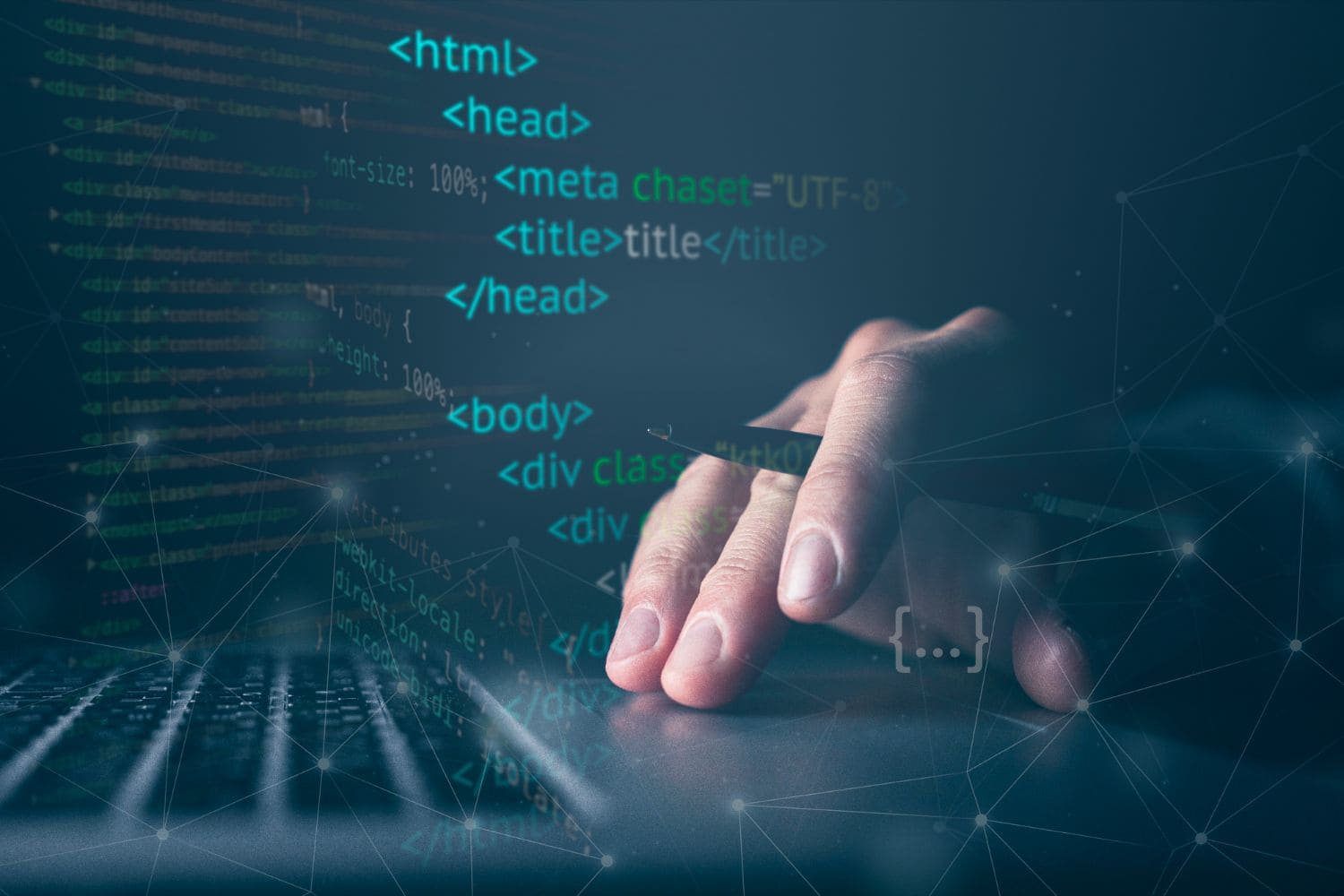 SITASRM ENGINEERING & RESEARCH INSTITUTE
SITASRM ENGINEERING & RESEARCH INSTITUTE
 SITASRM ENGINEERING
SITASRM ENGINEERING & RESEARCH INSTITUTE

SITASRM ENGINEERING & RESEARCH INSTITUTE
Menu
Ethical Hacking Vs. Cybersecurity: Understanding the Nuances
.jpg)
Introduction to Ethical Hacking and Cybersecurity
In June 2025, global tech leaders convened at the RSA Conference to address a rapidly evolving threat landscape. AI-generated malware, phishing-as-a-service, and critical infrastructure breaches are no longer science fiction. In this digital battleground, two terms dominate conversations: ethical hacking and cybersecurity. While often used interchangeably, these disciplines carry distinct roles, responsibilities, and impacts. Understanding these nuances is no longer optional—it's vital.
What is Cybersecurity?
Cybersecurity refers to the broad umbrella of practices, technologies, and processes designed to protect digital systems, networks, programs, and data from attack or unauthorized access. It encompasses everything from firewalls and antivirus software to enterprise-level threat intelligence systems.
Cybersecurity professionals aim to prevent breaches before they happen. Their job is largely proactive—building layered defenses, performing audits, deploying security patches, and ensuring compliance with standards like ISO/IEC 27001 or GDPR.
What is Ethical Hacking?
Ethical hacking—also known as white-hat hacking—involves legally breaking into systems to identify vulnerabilities before malicious hackers can exploit them. Ethical hackers think like cybercriminals but act with permission and good intent.
They simulate real-world attacks to uncover flaws in:
-
Web applications
-
Operating systems
-
Network configurations
-
Hardware devices
Unlike cybersecurity experts who defend, ethical hackers attack to make defense systems stronger.
Ethical Hacking and Cybersecurity: Key Differences
Factor |
Ethical Hacking |
Cybersecurity |
|
Definition |
Legal hacking to identify system vulnerabilities |
Protection of systems from digital attacks |
|
Objective |
Simulate attacks to strengthen defense |
Prevent unauthorized access, data breaches, and attacks |
|
Approach |
Offensive |
Defensive |
|
Tools Used |
Kali Linux, Metasploit, Burp Suite |
Firewalls, IDS/IPS, antivirus software |
|
Who Performs It? |
Certified Ethical Hackers (CEH), Penetration Testers |
Security Analysts, Network Administrators, CISOs |
|
Certification Examples |
CEH, OSCP, ECSA |
CISSP, CompTIA Security+, CISM |
|
When Applied |
After deployment or during audits |
During system design, development, and deployment |
This clear difference between cyber security and ethical hacking helps organizations design better layered defense systems.
Why Understanding the Difference Matters
Many newcomers assume ethical hacking and cybersecurity are the same field. But understanding how they complement each other is essential, especially for businesses and budding professionals.
-
A cybersecurity expert may never write exploit code.
-
An ethical hacker may never maintain enterprise firewalls.
Each role requires a different skillset, mindset, and purpose.
Where Do Ethical Hackers Work?
Ethical hackers are in demand across industries like:
-
Banking and Financial Services – to test ATMs, transaction systems
-
Healthcare – to secure patient data and medical devices
-
E-commerce – to prevent payment gateway breaches
-
Government and Defense – to protect national infrastructure
-
Tech Giants – Google, Meta, and Microsoft run Bug Bounty Programs
Top organizations even hire full-time red teams composed entirely of ethical hackers.
Cybersecurity Roles in Today’s Workforce
In contrast, cybersecurity roles are more embedded across IT operations. They handle:
-
Security Operations Centers (SOC)
-
Cloud configuration and protection
-
Endpoint security
-
Identity and Access Management (IAM)
-
Regulatory compliance and audits
These experts are essential in building a zero-trust architecture, incident response systems, and cyber resilience frameworks.
Beginner’s Guide to Ethical Hacking and Cyber Security
If you’re just starting out, here’s a beginner’s guide to ethical hacking and cyber security career paths:
Step 1: Learn the Basics
Understand networking, operating systems (especially Linux), and basic scripting (Python or Bash).
Step 2: Choose Your Path
-
Want to build defenses? Go into cybersecurity.
-
Want to break and test? Explore ethical hacking.
Step 3: Get Certified
Certifications validate your skills. Choose from:
-
For Cybersecurity: CompTIA Security+, CISSP, CISM
-
For Ethical Hacking: CEH, OSCP, LPT
Step 4: Practice
Use platforms like:
-
Hack The Box
-
TryHackMe
-
PortSwigger Labs
Convergence of Roles: The Rise of Offensive Security
The line between ethical hacking and cybersecurity is blurring. Many companies now invest in Offensive Security strategies, where red (ethical hacking) and blue (cybersecurity) teams collaborate.
This purple team approach improves:
-
Threat detection capabilities
-
Incident response time
-
Real-time system hardening
The future demands hybrid professionals—those who can defend and attack effectively.
Future of Ethical Hacking and Cybersecurity
With AI threats increasing, both ethical hackers and cybersecurity professionals must evolve. Here's what’s trending:
-
AI-Powered Penetration Testing
-
Threat Hunting with Machine Learning
-
Quantum-Resistant Cryptography
-
IoT Security Assessments
-
Cloud Penetration Testing
The battlefield is changing, and so must our approach.
Conclusion: Complementary, Not Competitive
Understanding the difference between cyber security and ethical hacking isn't just an academic exercise—it's a strategic necessity. Both roles are mutually reinforcing and critical in a world where cyber threats are growing exponentially.
We help aspiring professionals master both domains. Our faculty includes certified ethical hackers and cybersecurity analysts with years of hands-on experience. Our curriculum covers real-world simulations, red teaming projects, and AI-driven cyber defense techniques. Whether you're a student or a professional, we prepare you to thrive in this digital warzone.
Want to explore more? Your journey into the world of ethical hacking and cybersecurity starts here. Explore our programs, admissions are open!















































